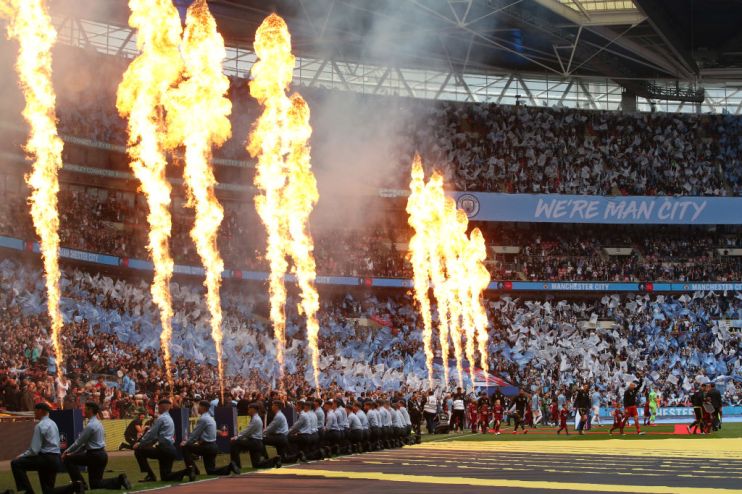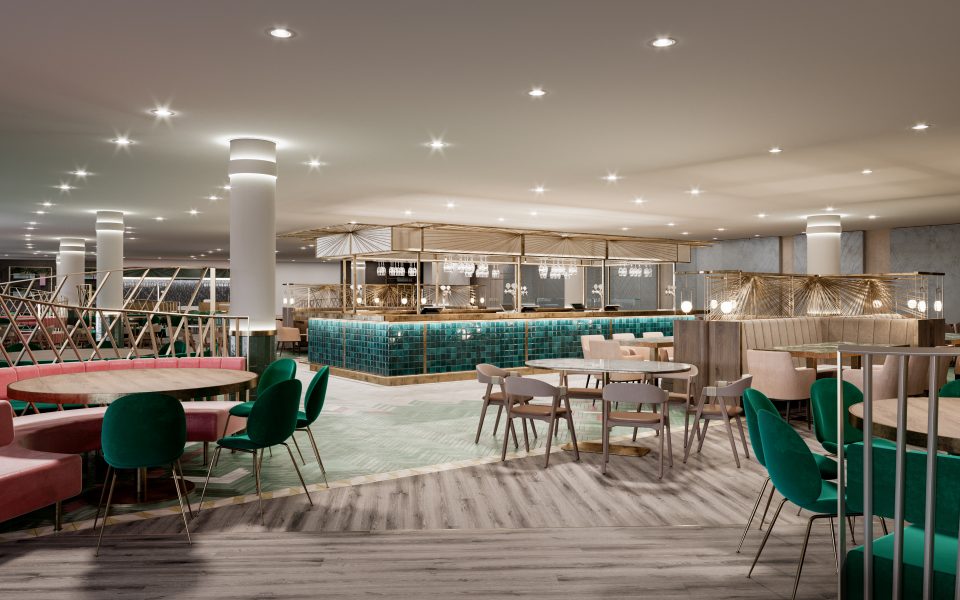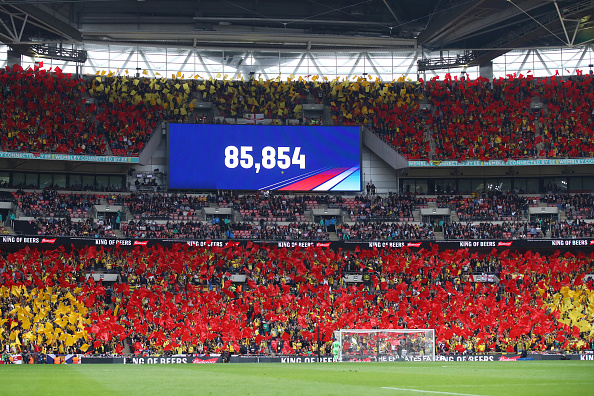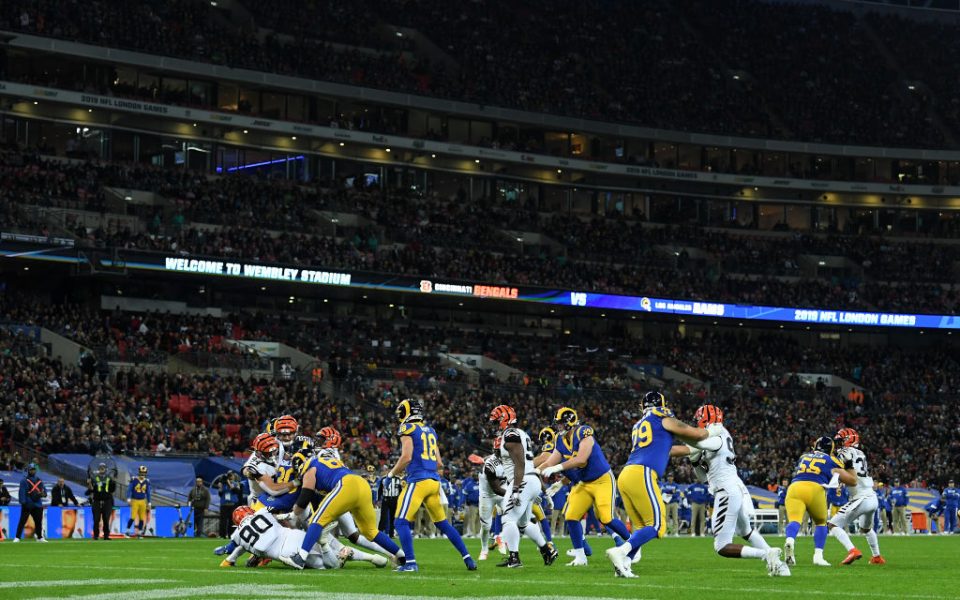Day in the life: FA head of hospitality Paul Scannell on the challenges of Wembley match days

When I was a student I worked part-time as a waiter at the old Wembley Stadium, so to now be head of hospitality at the Football Association really is a dream job.
I’ve been in the role for more than three years and my main focus is on continually improving the catering and hospitality at the national stadium.
An example of that is Number Nine, a new hospitality offering at Wembley, which is an innovative, colourful and more informal setting with a unique culinary journey that we have developed for customers.
It’s up and running now, but it has been an 18-month journey involving marketing, design and catering departments all coming together to see through a vision – a real labour of love.

For match days it is a different story. I have a team of seven event managers who I work with to ensure everything runs smoothly on the day. We plan 12 months in advance, debriefing from recent games in order to improve the experience.
A week before a match we gather all the stakeholders – security, safety, ticketing and catering personnel – in an operations meeting to brief everyone involved.
We arrive five hours before kick-off to get everything prepared: documentation, lanyards, tickets, as well as the hospitality rooms themselves, which takes around two or three hours.

I will then brief the 150 to 200 event hosts we have before people start to arrive about three hours before kick-off. I would say around 90 per cent of customers will be seated two hours before the match begins, although it depends whether it’s an afternoon or evening game.
We try to tailor the service depending on the time, because lots of people come straight from work on a weekday evening and will have less time to eat.
That’s also the case for other sports we host at Wembley, like American football or boxing.
An NFL match is difficult, because unlike the formulaic nature of football – where we know we’ll have two 45-minute halves and a 15-minute break – we can be serving for six or seven hours. Boxing, meanwhile, can be over in anything from 10 minutes to two hours.
Generally my days last around 12 hours. Anything less than that and you’re doing very well.

The last few games we’ve hosted have been the stand-out moments in the job for me. The Community Shield at the start of the season and then England’s home games against Bulgaria and Kosovo saw everything I’ve been working on come together nicely.
We’re always looking ahead so next summer, when we host seven Euro 2020 fixtures including the two semi-finals and the final, is really exciting.
Read more: Day in the life: Ironman world champion Ruth Purbrook
The hospitality industry is very competitive and you’ve always got to try and stay one step ahead. For example, I’ve been and seen the Tottenham Hotspur Stadium, which is really impressive.
As the national stadium, Wembley has got to be the market leader and that’s a challenge I relish.
Main image credit: Getty Images